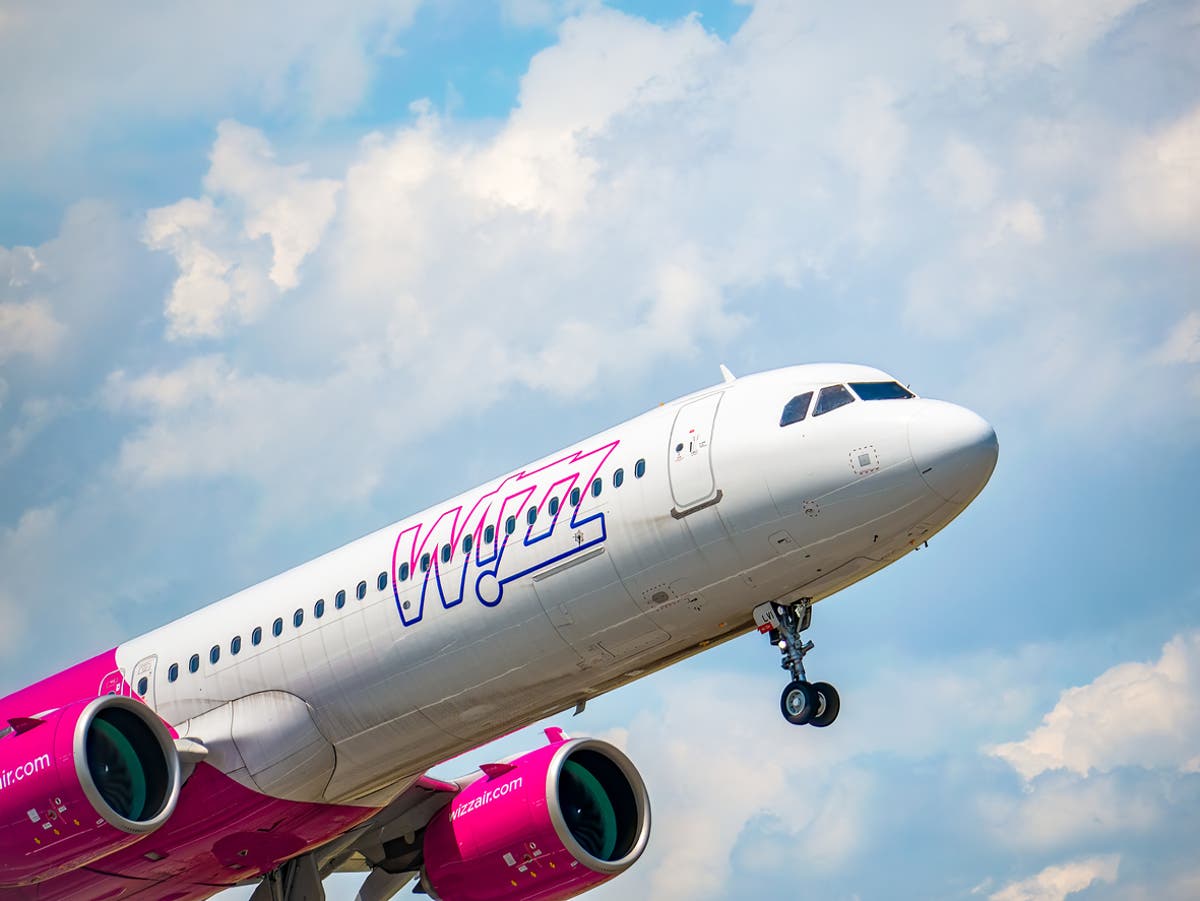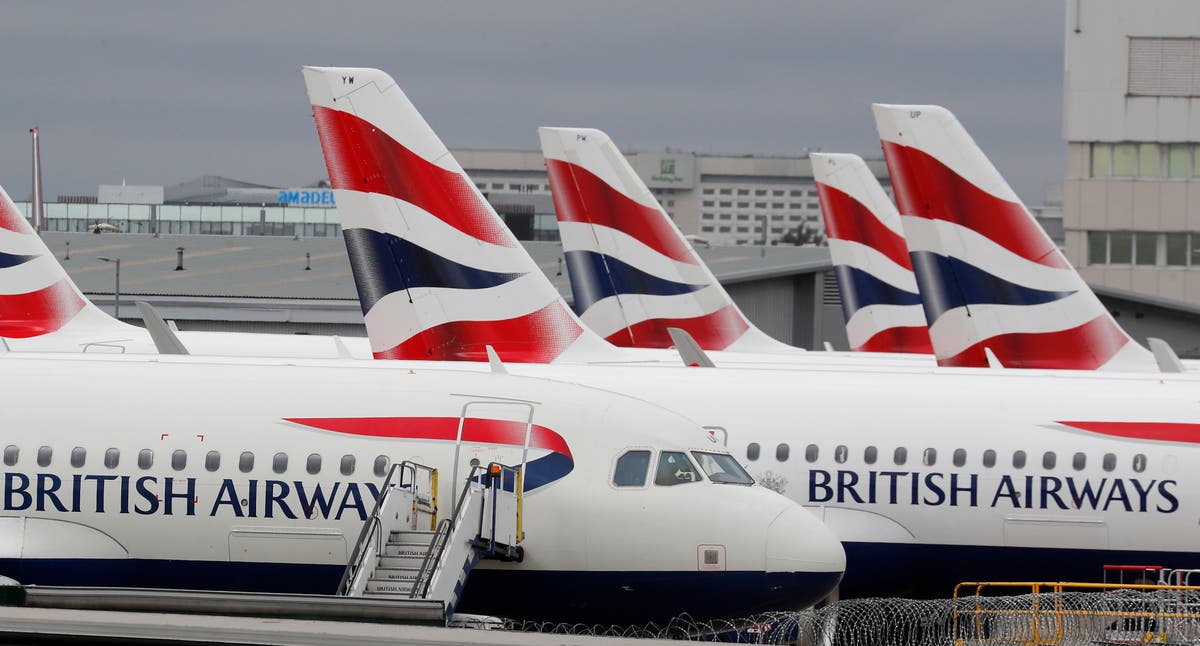After losing over 65% market value, are Tesla’s price cuts a sign of worse things to come?
Economics 101 tells us that when demand falls, companies will lower prices. However, that might not be entirely the case with Tesla.

It has been a week since Tesla offered a discount of up to S$10,000 on their Model 3 and Model Y electric vehicles (EVs).
Typically, a discount is something to cheer about. But not this time.
Following the announcement, existing Tesla owners wasted no time making their anger and disgruntlement known — online and in real life.
Here’s the thing, Tesla is not your typical product where a fall in price will result in heightened demand.
It is a car with poor reliability, but excellent branding. As for why people buy it, its appeal is contingent on the fact that it is marketed as a luxury product the masses cannot afford.
Tesla must know where its appeal lies, so why is it offering discounts to dilute its value?
Demand and supply, or something else altogether?
 Tesla’s gigafactories are not producing at capacity. Hopefully, Tesla can respond to the increased demand by increasing production / Image Credit: Electrek
Tesla’s gigafactories are not producing at capacity. Hopefully, Tesla can respond to the increased demand by increasing production / Image Credit: ElectrekBasic economics tells us that when demand falls, companies will lower prices to stimulate demand. Even so, that might not be entirely the case with Tesla.
Call Elon Musk an eccentric genius, but Tesla probably dropped their prices because it was too high in the first place.
Moreover, it was never the aim of Tesla to remain a luxury brand forever. In the Tesla Master Plan released in 2006, Musk has this to say:
The strategy of Tesla is to enter at the high end of the market, where customers are prepared to pay a premium, and then drive down market as fast as possible to higher unit volume and lower prices with each successive model.
– Elon Musk, CEO and product architect of Tesla, Inc.Therefore, there is no need to catastrophise the situation with Tesla when it is simply following a strategy out of its playbook to achieve worldwide domination.
By self-correcting their overtly inflated prices to reach a wider pool of consumers, Tesla does hope to sell more cars. However, it is coming from a desire to achieve economies of scale in their production line and go mass market rather than a frantic solution to rescue a floundering company.
A strategic move that could be fatal
 Consumers looking for high-end EVs have more brands to choose from these days besides Tesla / Image Credit: BMW Group Press Club
Consumers looking for high-end EVs have more brands to choose from these days besides Tesla / Image Credit: BMW Group Press ClubFor many years, Tesla was able to justify its high prices because it monopolised the EV market.
It became a luxury car by default, not because of its superior craftsmanship or performance, but because few options could compete with it.
But since then, the EV landscape has changed drastically. Legacy car manufacturers, having recognised the immense potential of the EV, have poured in billions of dollars to develop their own electric fleet.
In China, Tesla’s second-largest market after the US, sales have declined, with the homegrown Wuling Mini EV outperforming the American EV giant.
It is safe to say that Tesla is slowly but surely losing its competitive advantage. Even in Singapore, for Tesla to market itself as a high-end EV would mean competing with brands such as Audi and BMW.
Unlike phones, there aren’t just one or two super brands to choose from.
Cars are of different nature, ruled by highly individualised preferences. So while Tesla might be a titan in the EV market, it still has a long way to go as an automotive manufacturer.
Offering a discount will no doubt spur demand in the short run. But ultimately, Tesla is doing itself a disfavour by diluting its brand image.
Imagine if French couture houses start slashing prices. Will a Hermes handbag still be as appealing?
Maybe, it is as bad as we think
Of course, there might be no strategy at Tesla. This price cut is Elon Musk going all-or-nothing for growth.
After all, Tesla ended 2022 on a sour note after losing US$800 million in market value. Shareholders are unhappy, and as CEO, Musk has got to be seen to do something to turn the tide.
Perhaps by offering a discount, it is Musk’s desperate attempt to hang on to his market share and challenge the industry.
But for those of us who have been eyeing a Tesla for some time now, there is no better time to buy one.
Featured Image Credit: Business Insider

 JimMin
JimMin 
































